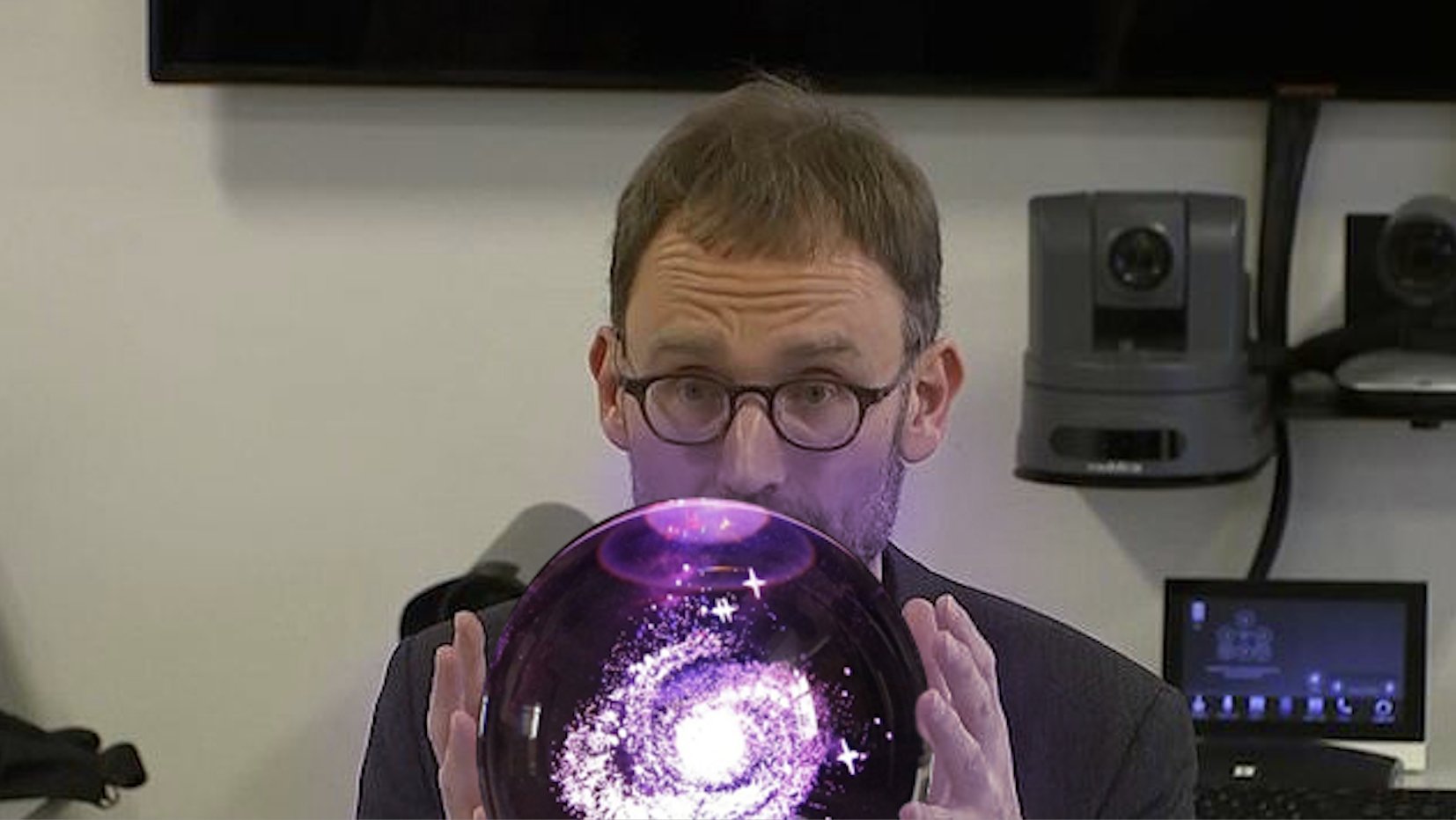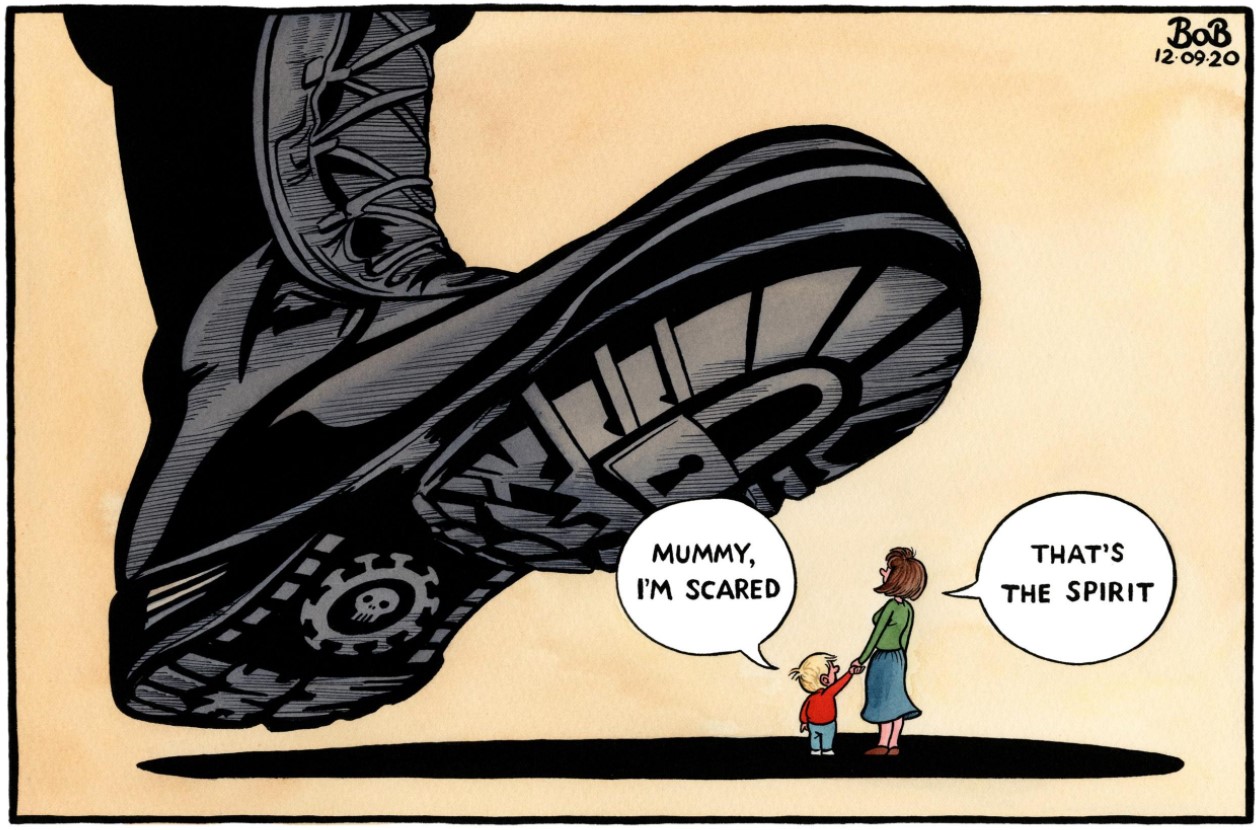News Round-Up
25 April 2024
by Will Jones
The French State is Now Little More Than a Smuggling Gang
24 April 2024
by Will Jones
Another Clue Pointing to an American Origin of the Virus
25 April 2024
by Will Jones
Eastern Europe is Showing Britain Up on Free Speech
25 April 2024
by Štěpán Hobza
Transgenderism, Social Media – and Aliens
25 April 2024





















